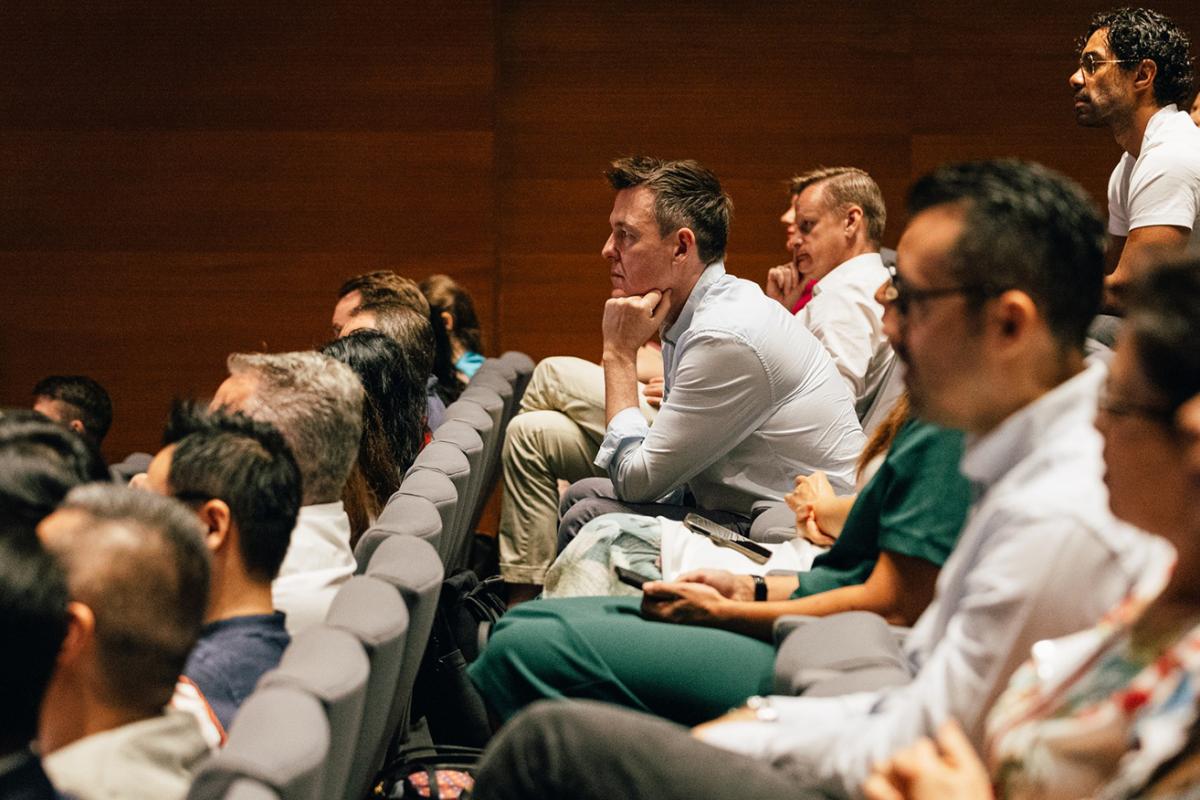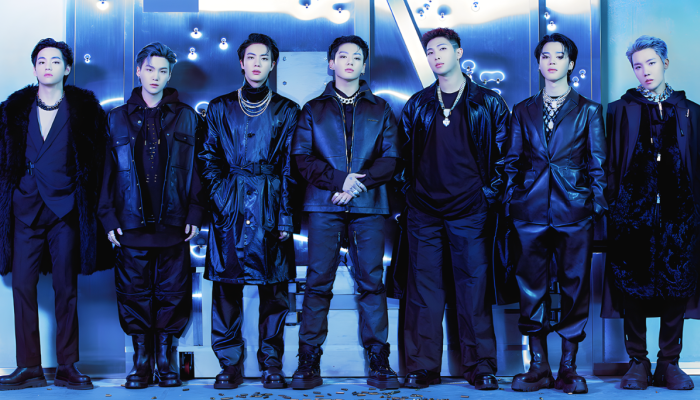"As a former chair of The Marketing Society Hong Kong and a dedicated participant at this year's Digital Day Conference in Singapore, I found myself invigorated by the dynamic interplay of technology and creative strategy that’s steering the future of marketing. This conference marked a seminal moment, highlighting how essential these tools are for engaging with the new generation of savvy consumers who demand authenticity and innovation in equal measure." Darren Chuckry
Key insights from the Digital Day Singapore
The Digital Day Conference in Singapore provided a thorough examination of the current digital marketing landscape, equipping marketers with strategic insights necessary for thriving in today’s fast-paced world. Below are the updated key takeaways:
1. Adopting a 'Social-First' storytelling strategy
Jimmy Lee's session highlighted the transformative shift towards a 'social-first' storytelling approach, which is crucial for authentic engagement in today's digital landscape. By collaborating with influencers and content creators, brands are not only able to amplify their messages but also stay attuned to and resonate with current cultural trends. This approach not only facilitates deeper connections with audiences but also ensures that brands maintain a relevant and compelling presence in the rapidly evolving social media sphere. Additionally, the session highlighted the shift toward a creator economy, encouraging brands to co-create with audiences, especially younger generations who are keen on being part of the content creation process.
2. AI integration in marketing: innovation and governance
Dominique Rose Van-Winther’s session focused on the transformative impact of AI on marketing strategies and the critical need for robust governance. AI is rapidly becoming an indispensable tool, offering capabilities in personalization and predictive analytics that significantly enhance marketing efficiency and decision-making. Additionally, the session stressed the necessity of balancing innovation with regulation, ensuring that AI integration adheres to ethical standards and data protection laws. This holistic approach positions AI not just as a tool but as a fundamental component of future marketing strategies.
3. Navigating the attention economy: strategies for CMOs
Laura Quigley’s keynote addressed the nuanced challenge of capturing consumer attention, a critical issue for today's digital marketers. She emphasized that mastering this area requires a sophisticated, data-driven approach, going beyond traditional advertising metrics to embrace deeper behavioral insights. Quigley demonstrated how CMOs can use advanced analytics to dissect viewer engagement patterns and identify moments of peak interest. This data is crucial for developing content that not only grabs attention immediately but also holds it, ensuring that messages resonate deeper and sustain engagement longer. She discussed the integration of real-time data and artificial intelligence to dynamically adjust content and delivery, optimizing for maximum impact based on live consumer feedback. Additionally, Quigley explored the importance of crafting unique, memorable campaigns that stand out in a saturated market. She advised on the strategic use of narrative elements and surprise, citing successful case studies where brands introduced their identity only at the very end of the ads, creating a memorable hook that left a lasting impression on the audience.
4. Social responsibility in gaming
The "Skin for Skin" campaign, presented by Louis Piereck and Stephan Schwarz, was a compelling example of how brands can intersect with social causes through innovative channels. By engaging the gaming community, Vaseline demonstrated the potential of digital platforms to facilitate significant social impact, highlighting the evolving role of corporate responsibility in marketing.
5. Shoppertainment: the future of content-driven commerce
In his session, Manas Sabnis highlighted "Shoppertainment" as a key strategy in digital commerce, particularly on platforms like TikTok. He emphasized the integration of engaging, interactive content that transforms viewers into active participants, thus enhancing consumer engagement and conversion rates. Sabnis showcased how live streaming and influencer collaborations effectively merge entertainment with direct purchasing opportunities, making the shopping experience both engaging and seamless. This approach underscores the growing trend of intertwining content with commerce in a way that resonates deeply with today's digital consumers.
6. Transformation of the CMO role
The conversation with Megan Reichelt and Siew Ting Foo explored the evolving role of Chief Marketing Officers. This discussion highlighted how CMOs are increasingly required to blend technological insights with traditional marketing expertise, positioning them as key drivers of digital transformation within their organizations. As the digital landscape continues to expand, the CMO's role is becoming more strategic and integrated with broader business objectives, necessitating a deep understanding of technology, data analytics, and customer experience to effectively lead and innovate in their fields.
Written by Darren Chuckry Executive Director Content Innovation Tag
Published on 29 May 2024



